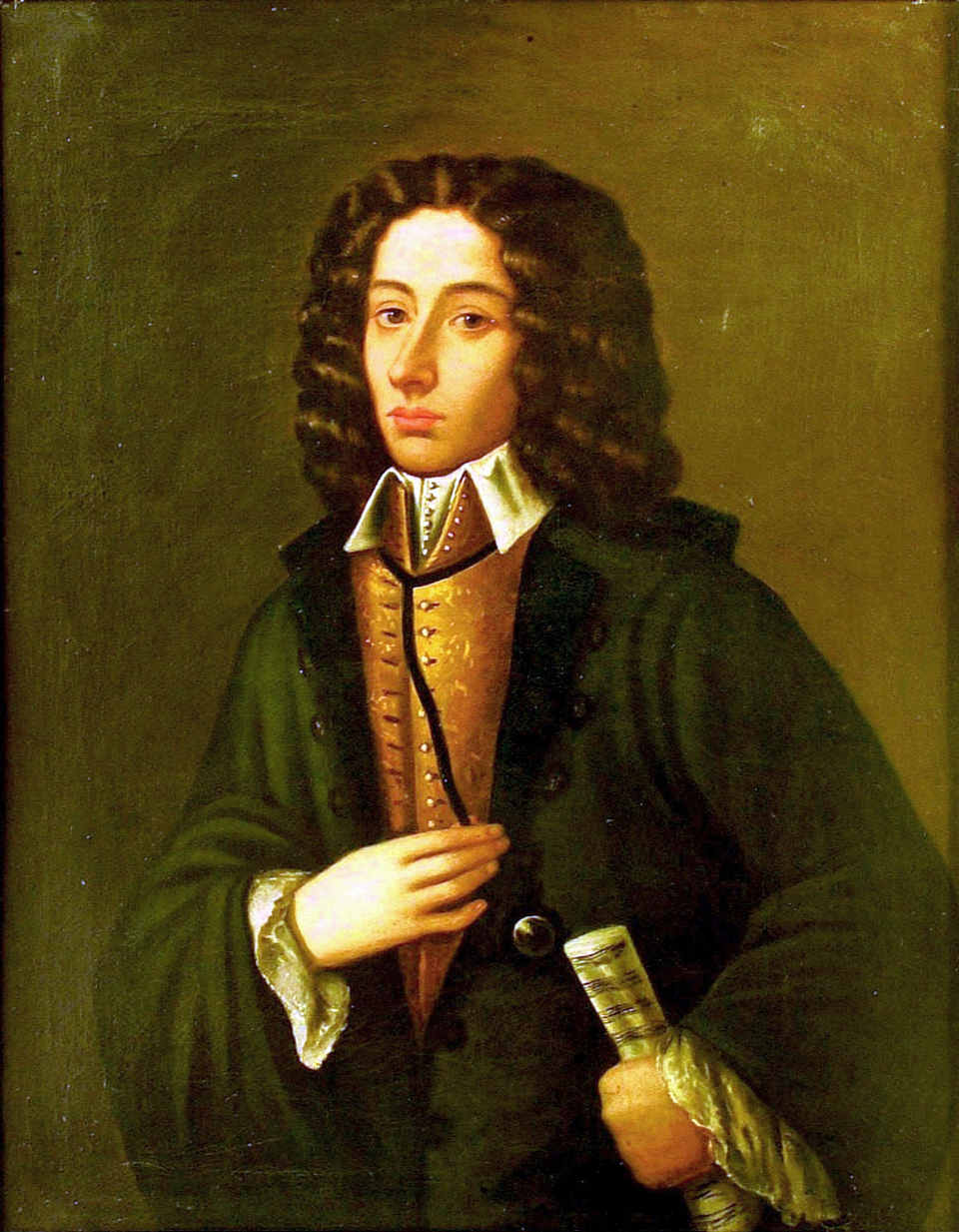
“My poor, favourite Pergolesi has just died of a chest infection,” wrote the distinguished French scholar Charles de Brosses, visiting Naples in 1736, “but his Stabat Mater is…the masterwork of Latin music.” Pergolesi was one of the greatest Italian composers of the early eighteenth century. Born in 1710 and named Giovanni Battista Draghi, he soon acquired the nickname Pergolesi, an Italian demonym for anyone from the town of Pergola.
As a gifted teenager he attended the Naples Conservatoire of Music and appeared to be destined for a brilliant career as an outstanding composer. It was not to be. Sadly, tuberculosis claimed his life at the age of twenty-six. But even by then, he had written six operas, a dozen sinfonias and concertos, a handful of keyboard works and about dozen religious works, including the famous Stabat Mater, now considered to be among his finest works. The Stabat Mater is a 13th-century Latin poem of uncertain authorship which vividly portrays the suffering of Mary, kneeling in sorrow at the foot of the cross where her son Jesus is crucified.
The first movement of Pergolesi’s Stabat Mater was heard at Ben’s Theater in Jomtien recently at a concert given by Barbara Zion (soprano) and Potprecha (Jak) Cholvijarn (counter-tenor) accompanied by Morakot Cherchoo-ngarm at the piano. Barbara and Jak performed the opening duet from the Stabat Mater, a twelve-movement work originally scored for voices and strings. It was composed during the last few weeks of Pergolesi’s life. The two singers gave a compelling performance of the powerful and highly emotional music, which uses “weeping” musical suspensions between the voices to create a haunting quality. Their vocal blending was particularly successful and I was impressed with their accurate intonation and careful phrasing throughout the piece.
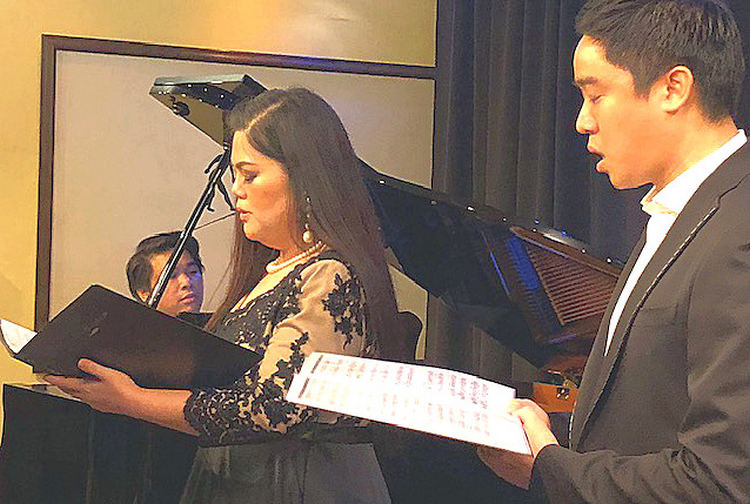
The concert had opened with a performance of J S Bach’s popular: Schafe können sicher weiden (Sheep may safely graze) a solo song written in 1713 and part of a much longer cantata. Jak gave a sensitive performance of this tuneful melody with a beautifully subdued rhythmic accompaniment from the ever-reliable pianist Morakot. Jak later performed a pair of songs by the English composer Henry Purcell. Nymphs and shepherds was written as incidental music for a play by Thomas Shadwell and dates from the 1690s. This rather fey ditty about cavorting nymphs and shepherds became a popular solo recital song in Britain and was even taught in many elementary schools, including the one I attended as a small boy. The second song was Purcell’s If music be the food of love, widely assumed to be a setting of a Shakespeare text from Twelfth Night. But it’s not. It’s a poem by the somewhat eccentric Englishman Henry Heveningham who quoted the famous text in the first line of his own poem. Jak gave a pleasing performance of this song which seemed to be much appreciated by the audience.

Previously, Babara had performed a song by the multi-talented Italian baroque composer, Giulio Caccini. Entitled Amarilli mia bella it’s technically a solo madrigal and was one of the first of Caccini’s songs to be disseminated widely throughout Europe. Barbara captured the plaintive quality of this song perfectly, with excellent intonation and phrasing. I especially enjoyed her controlled vibrato which varied according to the context. Morakot’s sensitive piano playing came to the fore in Barbara’s performance of the Handel aria Rejoice, from “The Messiah”. It has a great deal of tricky melismatic writing and Barbara gave a commendable performance of this technically demanding aria.
Felix Mendelssohn wrote the choral anthem Hear my Prayer in Berlin in 1844 and it has since become one of his most popular works. The modern-day popularity probably originates from the recording made in 1927 by the boy soprano Ernest Lough for the British Gramophone Company. It was the company’s first million-selling classical recording. Loosely based on the text of Psalm 55, the last verse begins, “O for the wings of a dove” and that phrase has become the alternative title for the piece. Jak performed the song with confidence and there were some pleasing moments.
In contrast, Barbara sung Schubert’s Gretchen am Spinnrade (Gretchen at the Spinning Wheel) which is characterized by a rippling piano accompaniment. The song is based on a poem from Goethe’s Faust and the agitated piano part depicts not only the sound of the wheel but also Gretchen’s restlessness while she waits for her love to return. It was a novel approach to song accompaniments at the time and found in many of the composer’s six hundred songs. Amazingly, Schubert wrote this song a couple of weeks before his eighteenth birthday. Barbara gave a dramatic and telling performance of the work with an impressively fluid piano accompaniment from Morakot.
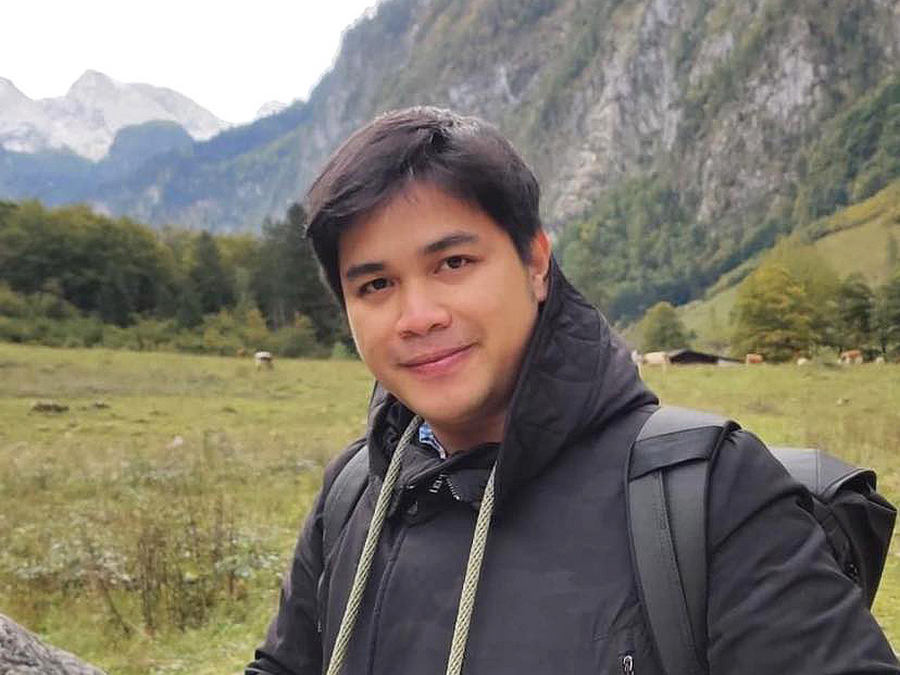
Perhaps because he is a composer, Morakot has the ability to “get inside” the music more readily. He has already won prizes for his compositions which frequently use attractive Thai-style melodies. Some of his music has been performed internationally and he has received commissions from Salaya Modern Music Ensemble, Mahidol Wind Orchestra and Thailand Philharmonic Orchestra. He graduated with a Bachelor of Music in music composition at the College of Music, Mahidol University.

In the second part of the concert, the focus moved towards opera and opened with a duet from Monteverdi’s last opera L’incoronazione di Poppea (The Coronation of Poppea) which was premiered in Venice in 1643. It was one of the first operas about real people and real historical events. As you might recall from Roman history, Poppea Sabina was a Roman empress and was the second wife of the emperor Nero. And yes, that Nero: the self-indulgent, cruel, paranoid and violent ruler who organised the assassination of his own mother. Poppea wasn’t exactly a paragon of virtue either. It is famously said that Nero played the violin while Rome burned. Of course, it isn’t true. The violin wasn’t invented until 1,400 years after his death.
The Monteverdi duet Pur ti miro (I gaze at you) made an excellent showcase for Barbara and Jak who sang with spot-on intonation and perfect voice blending. This duet was originally written for soprano and counter-tenor and represented a conversation between Poppea and Nero. It was a particularly touching performance and Morakot provided a sensitive and perfectly-timed piano accompaniment. It struck me as one of the evening’s musical highlights. The singers worked so well together that I was wishing the programme had included a few more duets. There are plenty to choose from of course, but perhaps rehearsal time was limited.
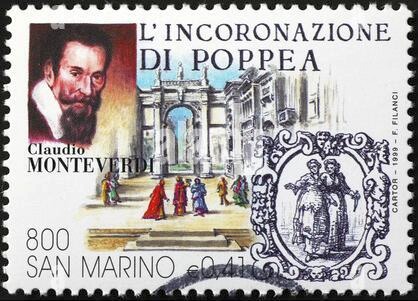
Barbara excelled in the Puccini aria O mio babbino caro (Oh my dear Papa) from the 1918 opera Gianni Schicchi. It’s one of Puccini’s great arias and instantly recognizable. It’s also easy to overdo the drama but Barbara gave a perfectly controlled performance with secure high notes and an excellent sense of phrasing. She then sang the lesser-known Signore, ascolta! (My lord, listen!) from Puccini’s opera Turandot, his only opera set in China. Barbara provided a dramatic performance which enthralled the audience. She is becoming an experienced singer. Her first music teacher, Father Augustine encouraged her to develop her talent and she has since sung both Thai traditional songs as well as parts in oratorios and operas. In 2014, she majored in vocal performance at Steinhardt School, New York University and has performed in many countries such as the USA, France, Canada, United Kingdom, Germany, Denmark, Bahrain, Lithuania, Pakistan and South Korea.
Her performance of Debussy’s Nuit d’étoiles (Night of Stars) really seemed to catch the essence of this evocative piece, which the composer wrote at the age of eighteen. Her singing of Ravel’s La flûte enchantée was thoughtful and especially rewarding to hear. The performance also featured especially superb piano playing from Morakot.
I enjoyed Jak’s performance of the dreamy song by Gabriel Fauré entitled En sourdine (Muted) which is one of the numbers in his Cinq mélodies de Venise, a song cycle composed in 1891. Jak sang the song beautifully giving a compelling and sensitive performance, especially at the ending. And of course, Jak is no stranger to Ben’s Theater. I first heard him perform there a good many years ago. As a boy, he was educated in England and became a chorister in Winchester College Chapel Choir and Bristol Cathedral Choir. He recently returned to Bristol to be awarded his Doctorate Degree. In Thailand, he has performed as a soloist with several opera companies as well as the Siam Philharmonic and the Siam Sinfonietta. Composer Somtow Sucharitkul cast him as the Buddha in his Ten Lives of the Buddha music-drama cycle.
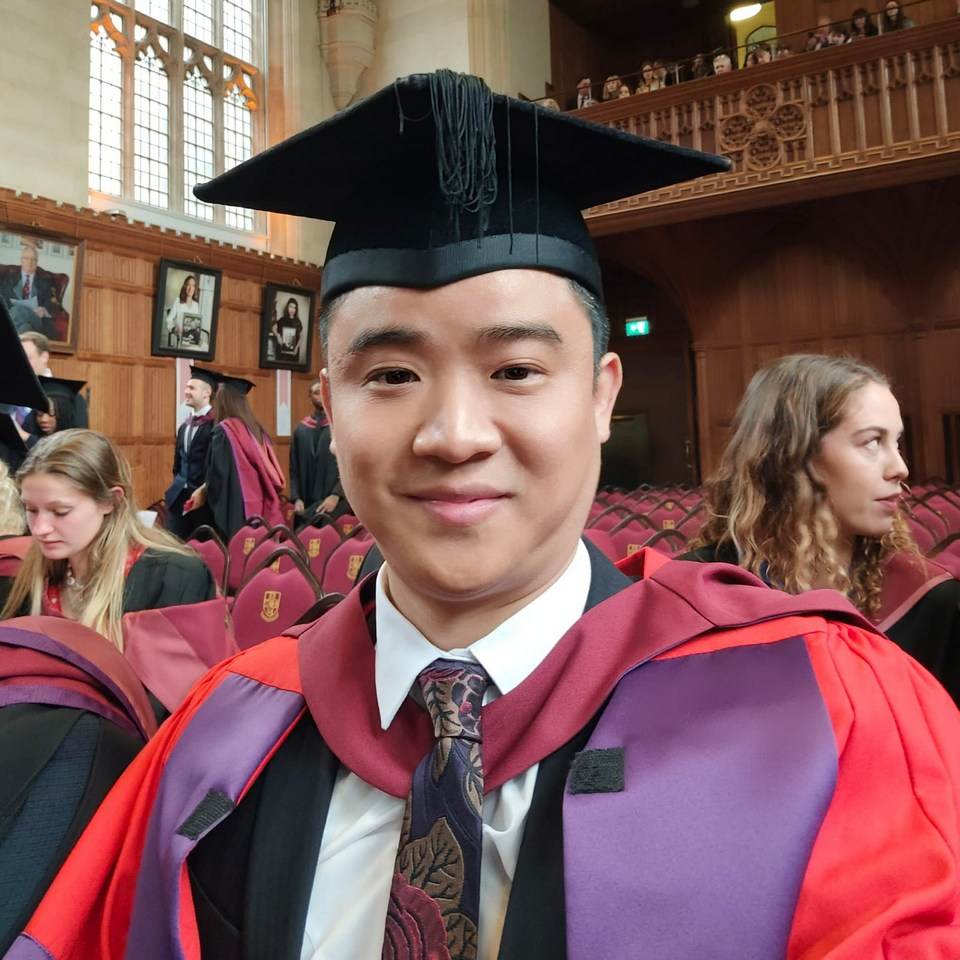
Jak gave a lovely performance of Nella Fantasia (In My Fantasy) a song by Ennio Morricone and based on a theme from the 1986 British film The Mission, for which Morricone also wrote the music. Jak’s performance of the song was rewarding and quite moving with a sensitive closing section. He also sang the old Shaker song by Joseph Brackett, Simple Gifts in a novel and amusing arrangement for voice and piano by Jay Althouse. It was an engaging and enjoyable performance.
Finally, Barbara rounded off the evening with the ever-popular I dreamed a dream from the 1980 musical, Les Miserables composed by Claude-Michel Schönberg. Barbara gave a pleasing performance of the song which the audience clearly appreciated. It provided a fitting finale to a rewarding evening of vocal music and yet another successful concert at Ben’s Theater.








